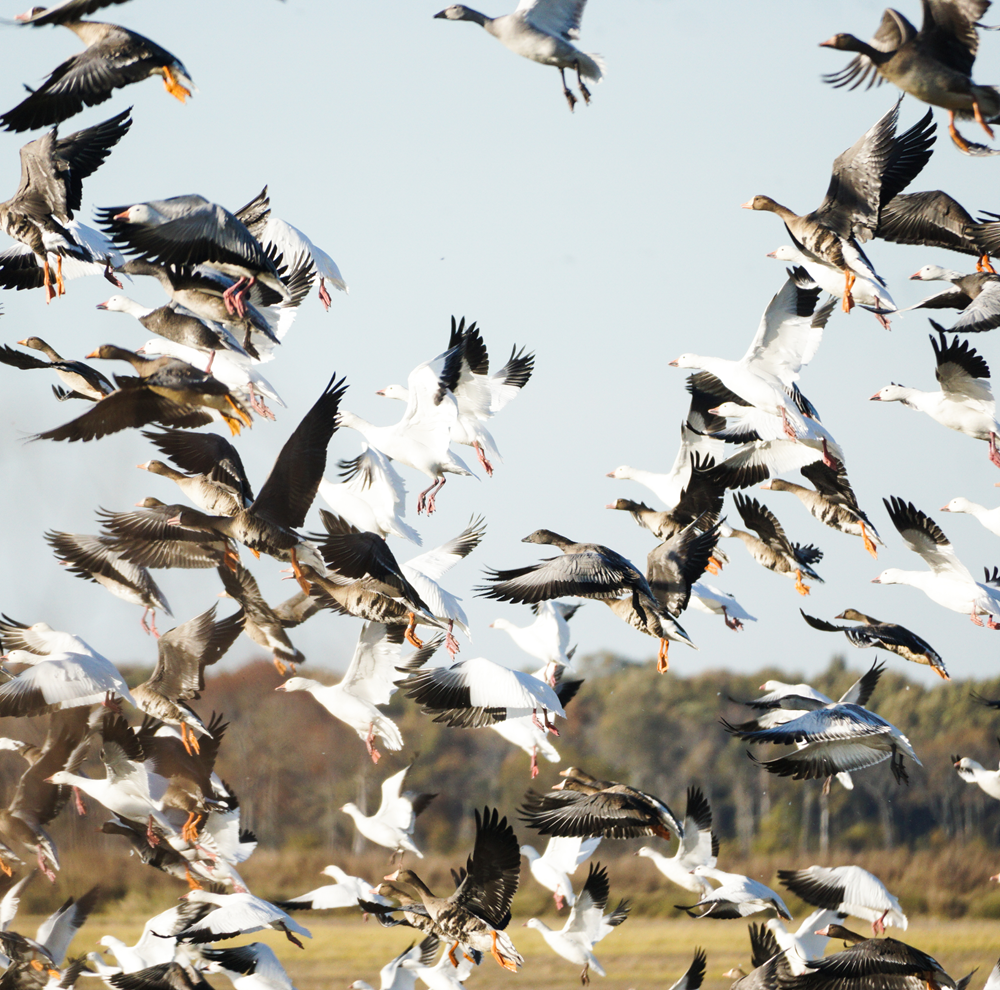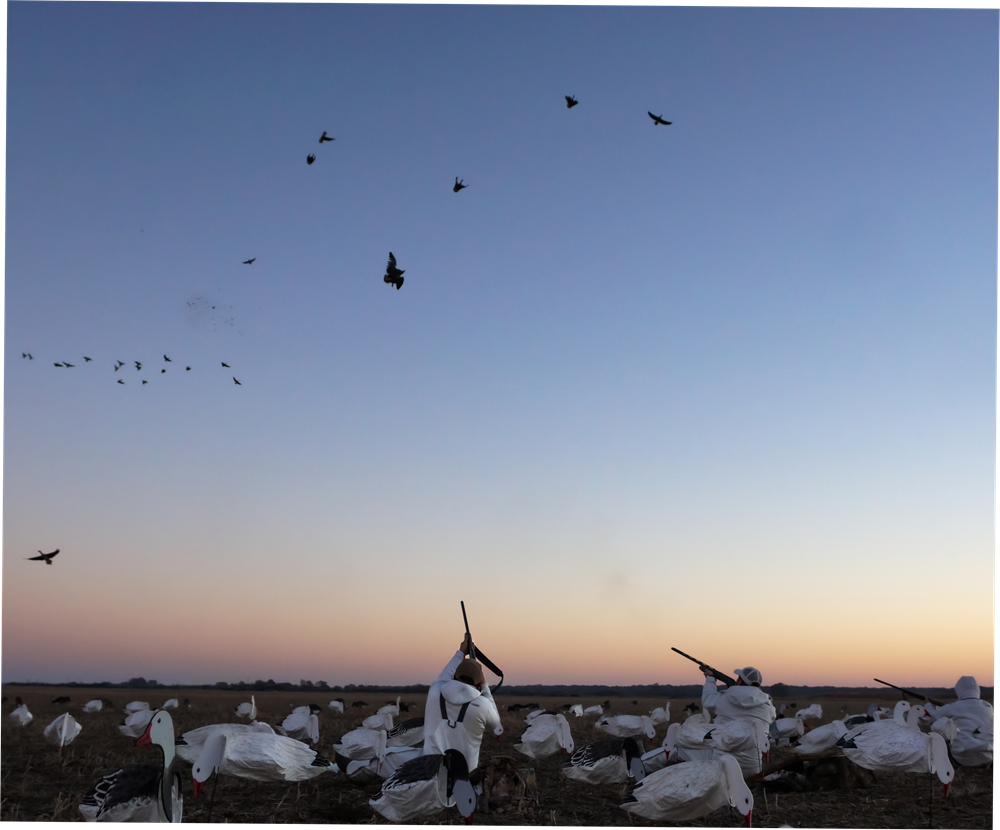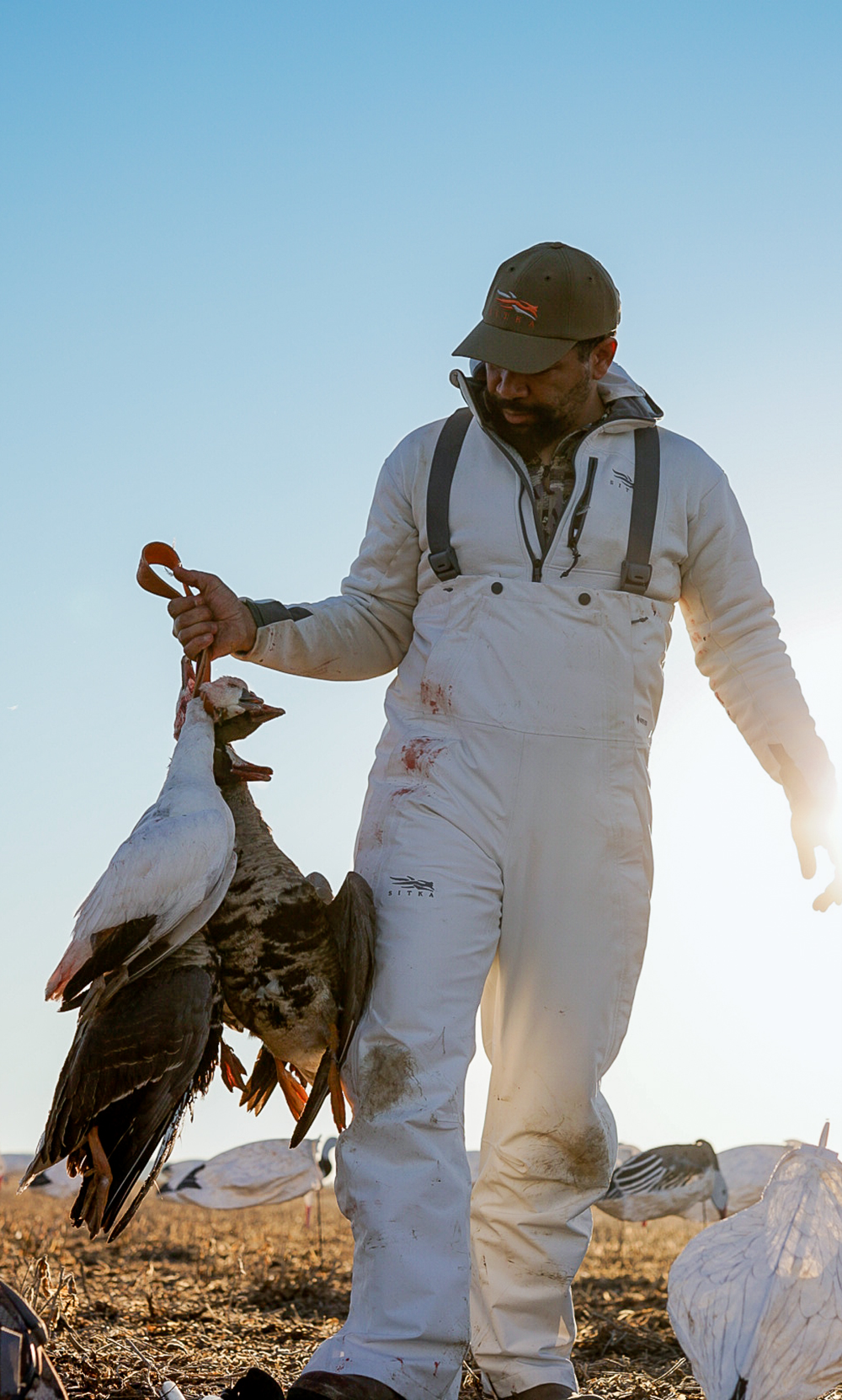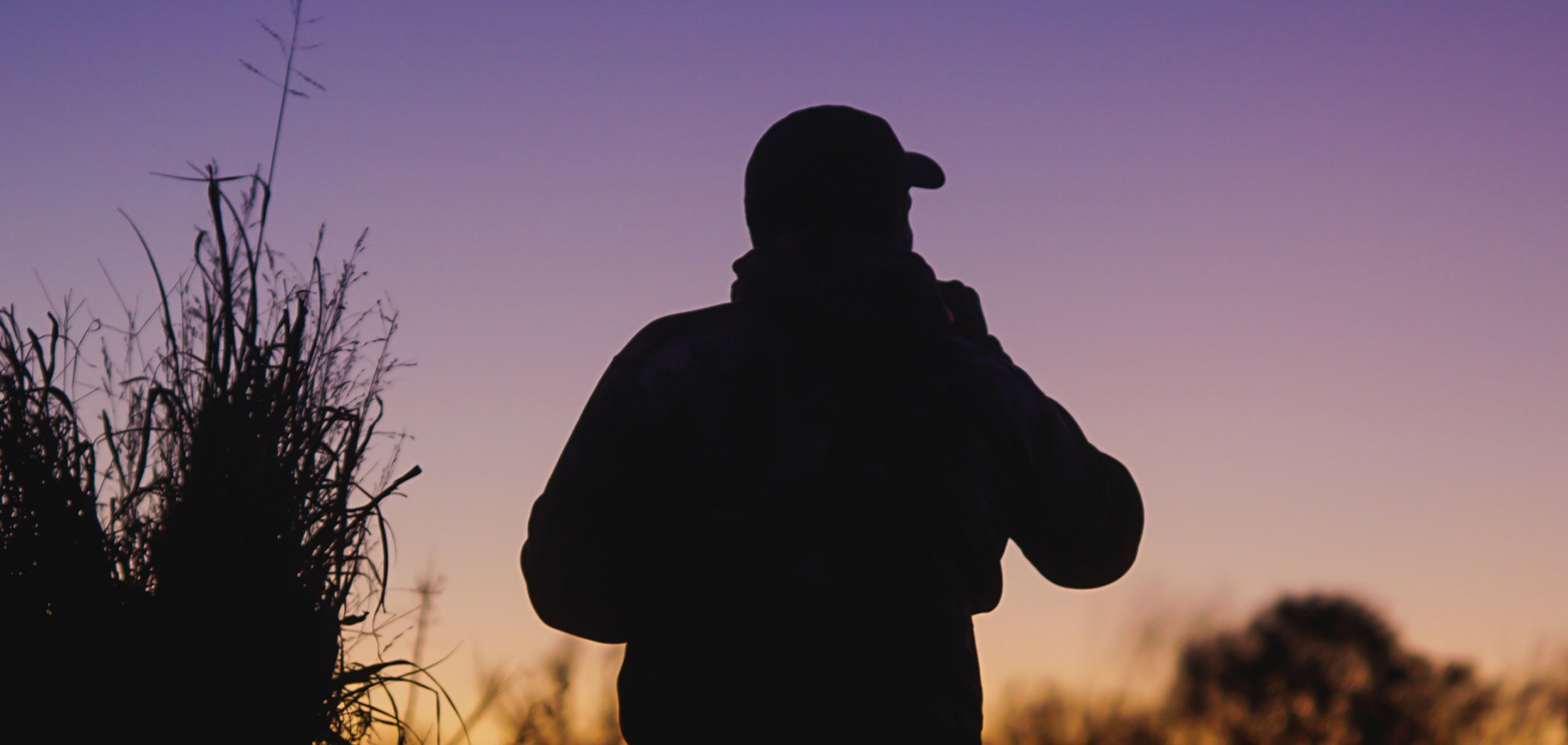Control is an illusion. Nothing proves that more than our relationship with water. Too much and there are floods; homes are destroyed and crops are ruined. Too little and agricultural fields become stunted and withered; people go hungry and the land burns.
Even with our species’ unrivaled ability to influence our environment, we remain at the mercy of something as fundamental as rain. Our ability to survive or, dare I say, thrive is rooted not in our attempts to control the natural forces that surround us, but instead in our penchant for adaptation and malleability in response to external stimuli. The desire to exert dominion over nature has shown us the peaks of hubristic overreach and dulled us to the unyielding truth that mother nature, inevitably will have the final say.
When we hunt, we are at the mercy of the rain, the wind, and the sun. These are the forces that ultimately drive our successes and our failures. Add to that the ephemeral, transient nature of migrating waterfowl and there need be no greater reminder that mother nature waxes and wanes like some infinite, undulating snake. Migrations look different decade to decade and even year to year. Flyways change. People change. Hunting changes.
Starting about 12 years ago I started working hard to gain the skills and experience necessary to consider myself an Arkansas duck hunter. I learned on hard-to-get-to moist soil units, in out-of-the-way spots where I had the freedom to fail spectacularly and blessedly, in relative obscurity. I eventually graduated to the flooded hardwood bottoms of duck hunting lore and despite myself, occasionally found success. I’ve blown a call and pulled greenheads into a flooded timber hole. I’ve watched wings, flickering like confetti, fill my view as marvelously iridescent birds move from the sky to the inviting void of shin deep water left by an uprooted oak tree.

I have been transformed by those moments and I am better because of them.
I’ve also found those moments to be fewer and further between in the last several years and have repurposed much of my waterfowling effort towards pursuing the geese of the lower Mississippi flyway. Even as recently as 3-4 years ago, specklebellies, Ross’s and snow geese were not being heavily chased in my area which meant that access and availability were high. Other folks didn’t see as much value in these birds, so I’ve been able to spend most of the last handful of winters hunting them in a variety of ways. From laying amongst the decoys, clad head to toe in brilliant white to hunkering down in A-frame blinds, I’ve gotten to learn how to hunt a very different kind of bird. I swapped waders for bibs, and Timber OPTIFADE for Marsh. I learned a completely new way to present air into a call as I added a collection of buzz’s, clucks and yodels to my avian language repertoire. I gave my attention and effort to something I’d barely even been aware of before, and I am better because of it.

Now I’ve seen the aerial somersaults of a waffling snowgoose as it commits to the decoys, backlit by the sun and looking every bit like a pterodactyl landing in a cornfield. I’ve soaked up the glowing bombasity of a sunrise on the Arkansas Grand Prairie. I’ve had a mass of geese drown out my inner thoughts as they hovered in the air overhead. That puts me in the minority of human beings that have ever lived, because I’ve witnessed those things. They are experiences that add to the substance and tenor of my life. They’ve broadened my world and made me a better father, husband and friend. Heavy stuff, but absolutely tied to my decision to bend instead of break when it came to my “duck” season.
I used to want to live fast, now I want to live well. With that adjustment in values, I’ve adopted a few inalienable beliefs: the only constant is change, adaptation is a virtue, and waterfowling is good for humanity.

